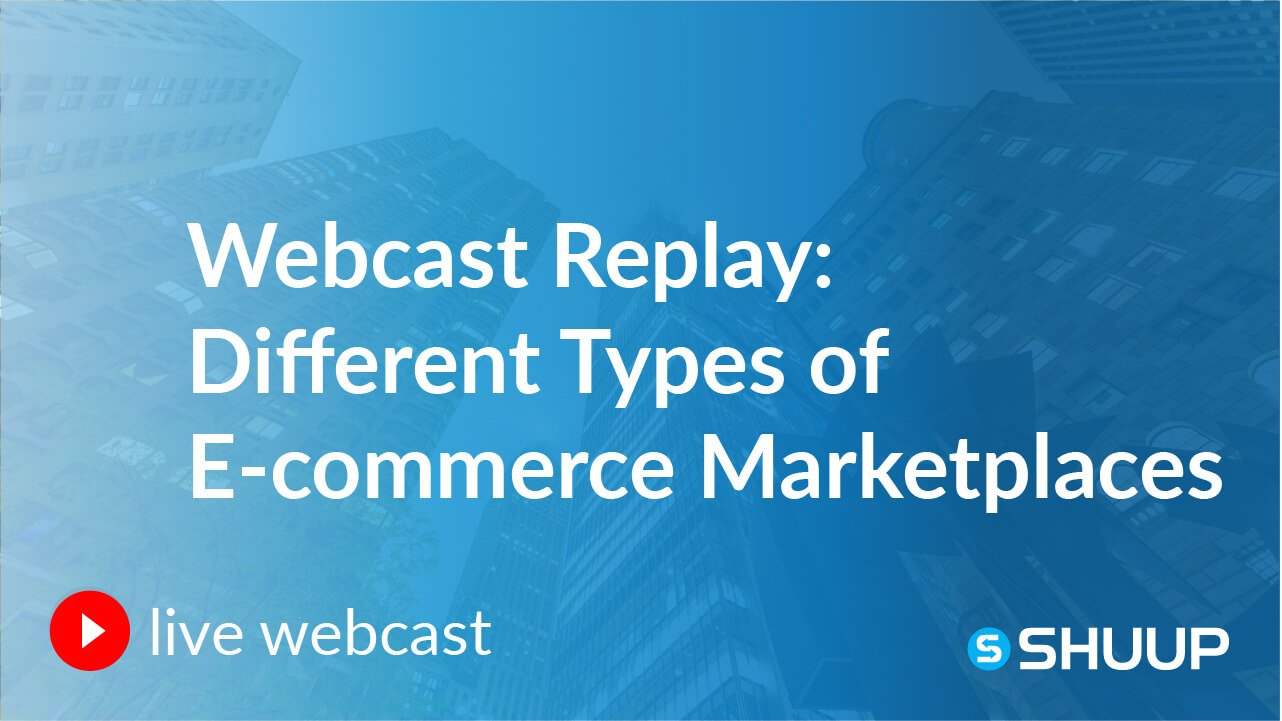In this webcast, Tamara Fuchs, Shuup’s Growth and People manager, discusses e-commerce sustainability and active steps any business can think about taking towards a more sustainable business model. Tamara provides viewers with real-world examples of e-commerce businesses who are actively working towards being sustainable and discusses how the 3 pillars of sustainability (environmental, economical, and social) interact with one and other.
What is E-commerce Sustainability
We began the webcast by identifying sustainability as doing something in such a way as to not deplete natural resources and to support long-term, global ecological balance. The goal of sustainability is to create a balance between the environment, society, and economics.
We identified E-commerce as any commercial transactions conducted electronically on the internet. With the Covid Pandemic, a rise in e-commerce and online shopping boomed as it had never done before. This in combination with the nation’s emphasis on negative environmental impact has sparked a greater interest in sustainability. The main question we focused on in this webcast is: how can e-commerce businesses actively work towards sustainability goals?
E-commerce Sustainability Opportunity
E-commerce has created a rise in shipping, packaging, greenhouse gas emissions, and landfill waste due to the nature of the business model. Some of the key issues discussed are energy waste, greenhouse gas emissions, carbon footprints, consumer waste, and product materials. Tamara discusses 6 key steps in assessing your e-commerce marketplace business model and where there are sustainability opportunities.
Actionable Steps to E-commerce Sustainability
Tamara then discusses 8 ways any e-commerce marketplace can actively work sustainable goals. Among them are implementing sustainable shipping practices, reducing packaging materials, and adding sustainable product options for consumers. Large e-commerce brands such as Zara and TOMS have implemented actionable change to work towards sustainable goals such as zero landfill waste and reduced harmful packaging materials.
The benefits of e-commerce sustainability are extensive, but Shuup highlights a few to conclude the webcast including:
- Positive impacts on the environment
- Positive business ethos (feels good to do good)
- Creating a sense of community
Shuup takes pride in actively work towards sustainability goals. Many of our clients included sustainable goals in their e-commerce business models. Want to follow in their footsteps and partner with Shuup? Speak to a Shuup expert or request a demo today!





